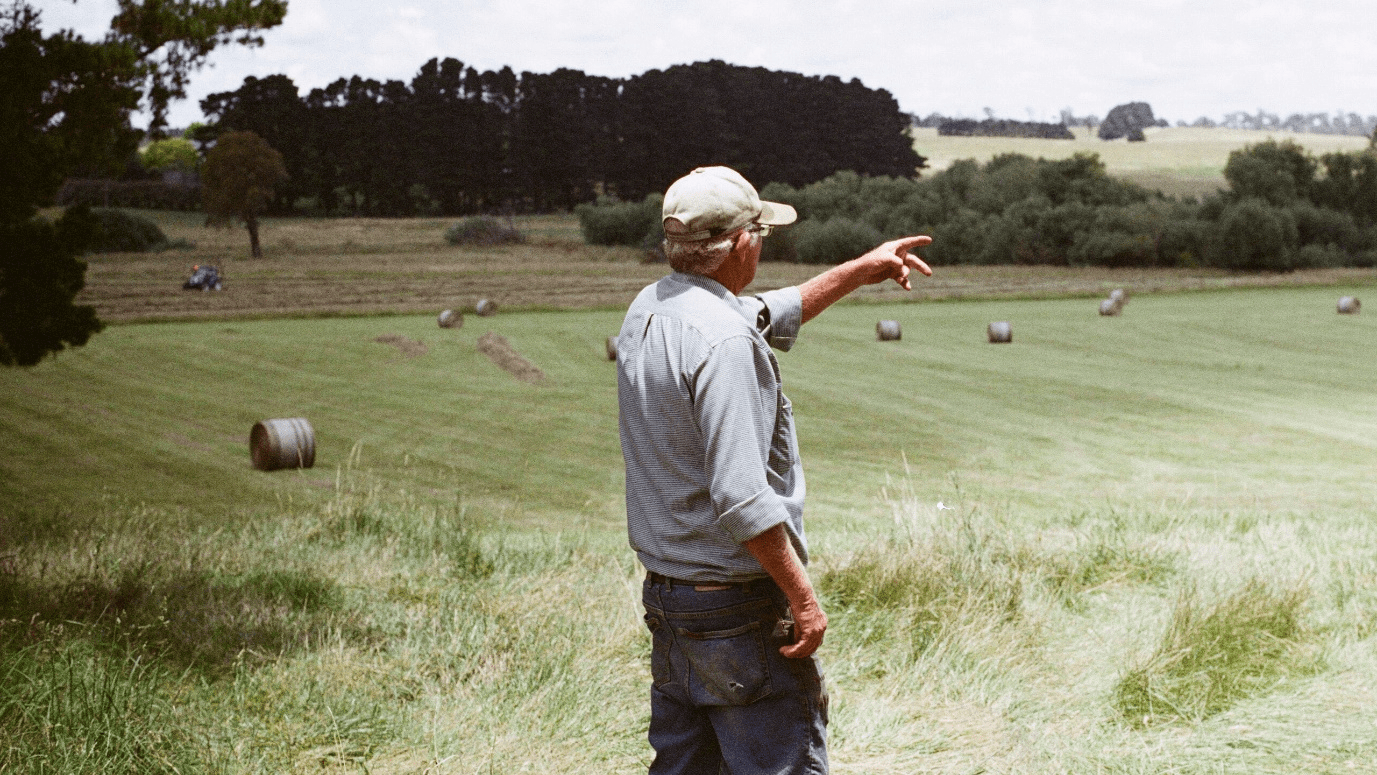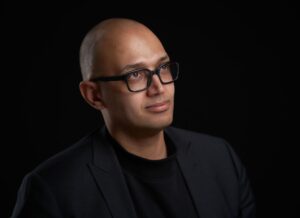
Why Skills-First Leadership Is Replacing the Ivy League Playbook in the C-Suite
The old prestige pyramid—where Ivy League degrees and blue-chip consulting backgrounds paved the way to the CEO seat—is cracking.

October 22, 2021: -Australia’s farmers are not opposed to net-zero carbon emissions, but they don’t want climate change policies to burden them, Agriculture Minister David Little proud said on Wednesday.
“I think what they want to do is be part of the global community,” the minister said on CNBC.
“They want to ensure that anything, any policy setting that the government implements, does not cost too much and doesn’t put the burden back on them,” he added.
According to policy think-tank Grattan Institute, the agriculture sector was responsible for 15% of Australia’s greenhouse gas emissions, around 76.5 million tonnes in 2019.
The transportation sector accounts for nearly 20% of Australia’s emissions, while the industrial sector is responsible for nearly 30%.
Still, agriculture needs to be included in any net-zero targets for Australia. The report said it would reduce the risk of exporters being hit with future carbon tariffs from other countries.
The National Farmers’ Federation, representing farmers and Australia’s agriculture sector, already backs a national aspiration to have net zero emissions by 2050.
However, they have stipulated those two things must happen: an economic pathway must be identified, and farmers should not be burdened by unnecessary red tape.
“The NFF being crystal clear and steadfast in our discussions with the Government, climate change policy must chart a course for agriculture and the bush to not survive but thrive in a reduced emissions future,” the president of the federation, Fiona Simson, has said.

The old prestige pyramid—where Ivy League degrees and blue-chip consulting backgrounds paved the way to the CEO seat—is cracking.

Loud leaders once ruled the boardroom. Charisma was currency. Big talk drove big valuations.

But the CEOs who make history in downturns aren’t the ones with the deepest cuts

Companies invest millions in leadership development, yet many of their best executives leave within a few years. Why?

The most successful business leaders don’t just identify gaps in the market; they anticipate future needs before anyone else.

With technological advancements, shifting consumer expectations, and global interconnectedness, the role of business leaders

Maushum Basu is a visionary leader who inspires his team with a clear, compelling purpose. Unafraid to take calculated risks, he understands that growth often stems from change and innovation. His deep commitment to both Airia Brands, Inc.

When speaking with Martin Paquette, one thing is immediately apparent: he’s honest. His transparency is refreshing. While many shy away from such vulnerability, Paquette sees it as a force to reckon with. The incredible emotional intelligence speaks to years of looking within—it’s also what allows him to acknowledge his mistakes gracefully and use them as opportunities to innovate.

Marina Charriere, CEO of Star Drug Testing Services, Star Drug Testing Services (Windsor Park), and First Defence Face Masks go hand in hand. Star is a drug and alcohol testing facility, and First D F M is a face mask company.

Lejjy Gafour, CEO, CULT Food Science Corp. Lejjy is a self-taught entrepreneur and experienced company operator who made his start creating opportunities at the young age of 14, and he has been working, leading, and building businesses ever since.


Leave us a message
Subscribe
Fill the form our team will contact you
Advertise with us
Fill the form our team will contact you